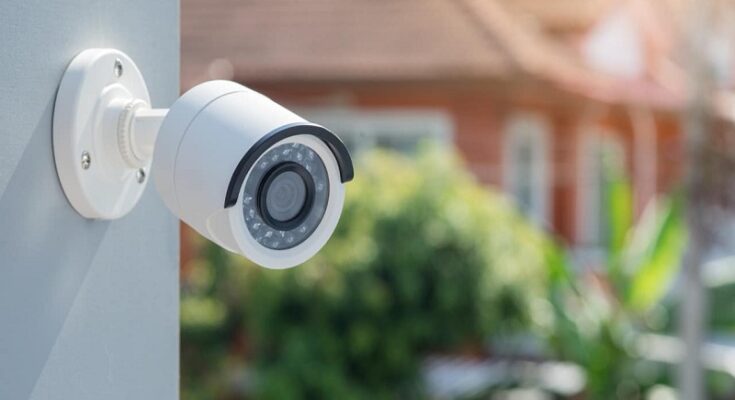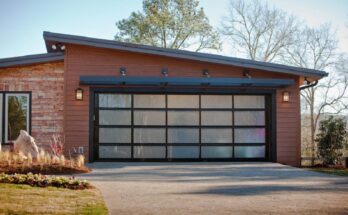Choosing a CCTV camera installation service is a critical step to ensure that your security requirements are handled correctly. With so many firms offering security system setups, it’s critical to choose a supplier carefully. Let us help to examine the most important variables to consider when hiring a cctv camera system installer. Proper research upfront results in a surveillance solution deployed by skilled technicians who follow best practices. Whether they need cameras for one’s home, company, or vehicle, taking the time to learn about installer qualifications, equipment options, price, and support will result in a system that gives long-term safety and peace of mind.
Camera System Requirements:
The first step is to determine the camera system’s requirements. Consider how many cameras they need, whether they should be indoor or outdoor, the resolution of the cameras, and whether they require capabilities such as motion detection or license plate recognition. Communicate their exact requirements to potential installers so that they can recommend the best option.
Installer Experience and Certifications
Look for an installer that has considerable experience installing CCTV cameras. Inquire how long they’ve been in business and request references from previous clientele. Reputable installers will also be certified in areas such as security system design and installation. Certifications prove that the technician has received the necessary training to properly install the equipment.
Post-installation support
Consider the level of support provided after installation. Will the installer be available to troubleshoot the system and make any necessary adjustments after the initial setup? Support solutions such as remote access for maintenance can help guarantee that a system continues to perform effectively over time. Advanced systems with several cameras or integrated functionality require ongoing upkeep.
Video Storage and Monitoring Options
Determine the requirements for recording and monitoring footage. Options include local DVR/NVR storage, cloud-based storage via a monitoring service or a hybrid solution. Cloud services provide remote video access through apps for a monthly or annual cost. Make sure any storage or monitoring solutions they’re considering match the long-term budget and needs.
Vehicle Tracking Device Installation
If one requires a vehicle tracking device installed, make sure the installer has experience with that type of installation. Vehicle tracking entails concealed device installation, wiring integration with the vehicle’s electrical system, and matching the device with tracking software. Only use installers who have been extensively trained in automobile security installations.
Camera Placement and System Design
The system design will be influenced by the layout of a property and the regions they want to cover with cameras. A skilled installer will do an in-person inspection to identify the best placement and wiring scheme. Consider indoor vs. outdoor cameras, blind spots to cover, and whether they require features like motion detection in specific areas. The specialist can then recommend appropriate camera types, quantity, and related equipment. Their system design should optimize coverage while keeping installation costs down. Before any work begins, make sure that the suggested design has been approved.
Installation Process
Reputable installers adhere to conventional methods to produce high-quality work. They will quietly route any necessary wiring through walls or along eaves. Outdoor cameras are secured securely with surface-appropriate brackets. Indoor cameras are discreetly positioned high on walls. All connections are carefully constructed and tagged for future identification. Once the DVR/NVR is configured to record footage, the technician will demonstrate system functionality. Expect them to fully clean up and rectify any small installation difficulties that arise within 30 days.
System Configuration and Training
After installation, the technician will customize a system according to their specifications. This includes establishing recording schedules, assigning cameras, and triggering alerts, among other features. Attend a comprehensive training session to learn how to use the system interface, access live/recorded video, and troubleshoot future difficulties on their own. Professionals will ensure that you comprehend everything before signing off. Request additional written guidance or remote support access as necessary.
Maintenance and Support Plans
Determine what ongoing support options are available following installation. Many organizations provide reasonably priced annual maintenance plans that include priority servicing, firmware updates, and other benefits. Cloud-based monitoring services give professional monitoring around the clock for a monthly subscription. Even if a system is self-monitored, one should have a service contract in place to cover system checkups and upgrades. Inquire about preferred response times for service calls. Choosing a reputable provider ensures long-term security for their investment.
Warranty Coverage
Reputable installers provide multi-year guarantees to back up their work. Check what is covered in case an issue arises. Standard warranties cover flaws in equipment, wiring, and installation craftsmanship. Some also cover lightning damage, depending on the level of protection provided. Make sure to understand any exclusions and save all documents in case a claim needs to be submitted. This provides significant peace of mind that the system will operate properly.
Pricing and Payment Options.
Gather competitive estimates from at least three installers. Prices will vary depending on the intricacy of your system design and the components required. Reputable companies will provide an itemized quote that clearly defines prices. If the price is more than you can afford, inquire about payment plans or financing. Avoid companies that provide unusually low estimates, as quality may be compromised.
System Documentation and Training Materials
Quality installers provide thorough documentation and training. Request a full operations manual covering all system features. Diagrams clearly showing camera locations and wiring are essential. Recordings of the training session allow reviewing at any time. Ongoing access to support portals provides self-help if minor issues arise. Well-trained clients mean fewer calls on the installer long-term. Proper materials empower taking full advantage of the system.
Conclusion
Finally, taking the time to analyze installers based on their experience, certifications, installation procedure, support offerings, equipment alternatives, and customer reviews will help you select the finest CCTV camera installation and services for your requirements. When properly implemented, a skillfully installed security system gives long-term benefits. Consider the installer’s qualifications, pricing transparency, and reputation for excellent work and customer service to ensure a great experience and a reliable system.




